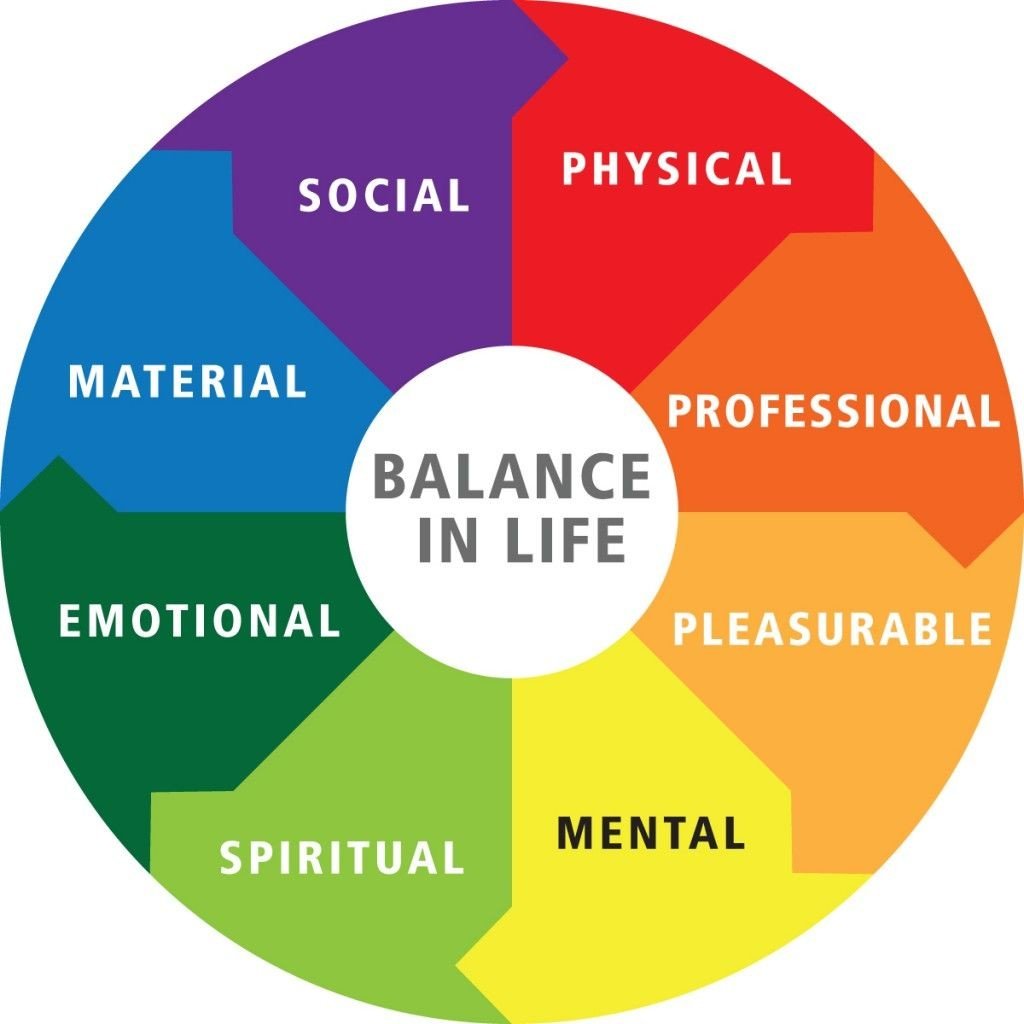1. The Connection Between Music and Meditation
Music and meditation are both powerful tools for calming the mind, soothing emotions, and helping individuals connect to a deeper state of consciousness. Music has the unique ability to evoke emotions and transport the mind to a place of peace, making it an excellent companion for meditation. The rhythmic qualities of music, especially sounds like nature tones or gentle melodies, can guide your mind into a state of stillness and relaxation, supporting a more profound meditation experience.
2. The Science Behind Music in Meditation
The impact of music on the brain has been well-documented through research. Listening to music activates the brain’s reward centers and triggers the release of neurotransmitters like dopamine and serotonin, which are associated with feelings of happiness and relaxation. When you combine music with meditation, the calming effect on the nervous system is amplified, reducing cortisol levels and promoting a state of mental balance. In addition, music can synchronize brainwave activity, encouraging the transition to slower brainwave states such as alpha and theta, which are linked to deep meditation.
3. How Music Enhances Focus and Mindfulness
Music helps the mind stay focused during meditation by acting as a gentle anchor. Often, beginners find it difficult to keep their thoughts from wandering, but soft, repetitive music can aid in refocusing attention. Mindfulness, the practice of staying present in the moment, is strengthened as the soothing sounds help bring your awareness back to the here and now. This minimizes distractions and cultivates a state of mindfulness, making your meditation more effective.
4. The Role of Different Types of Music in Meditation
Not all music is created equal when it comes to meditation. The type of music you choose can significantly impact your meditation practice.
- Nature sounds (such as rain, ocean waves, or bird songs) promote a deep connection with the environment, enhancing the feeling of serenity.
- Instrumental music without lyrics, especially classical or ambient sounds, helps avoid mental distraction.
- Binaural beats or sounds that produce specific frequencies can encourage your brain to enter states of relaxation or focus. Choosing the right type of music tailored to your meditation goals can transform your practice into a more profound experience.
5. The Benefits of Combining Music with Meditation
Combining music with meditation offers numerous benefits:
- Deeper Relaxation: Music helps release muscle tension and calms the nervous system.
- Enhanced Emotional Release: Music can trigger emotional responses, allowing the release of repressed feelings.
- Improved Concentration: Gentle melodies can improve focus, especially for those who struggle with concentration during silent meditation.
- Elevated Mood: The calming effects of music, combined with meditation, help improve mood and foster a sense of well-being.
6.The Healing Power of Music in Meditation
Certain frequencies and tones in music have been shown to have healing properties. Sound healing, a practice that uses sound vibrations to heal the body and mind, is often integrated into meditation. Low-frequency sounds can help calm anxiety, while higher frequencies can stimulate feelings of happiness and inspiration. Music with healing tones, like those used in Tibetan singing bowls or specific sound therapies, can enhance the meditative experience by promoting emotional and spiritual healing.
7.Traditional vs. Modern Meditation with Music
Meditation practices have evolved over centuries, and while traditional forms of meditation focused on silence or chanting, modern meditation often incorporates music. Traditional meditation, such as Zen or Vipassana, emphasizes the absence of external stimuli, including music, to achieve inner clarity. In contrast, modern practices recognize that music can help individuals, especially beginners, focus their attention and reach deeper states of relaxation. Both approaches have their advantages, and combining traditional meditation techniques with modern music practices can provide a balanced and enhanced experience.
8. Music and the Deepening of Meditation Experiences
Meditation aims to deepen one’s awareness and understanding of the self. Music can act as a bridge to this deeper state of consciousness by helping individuals access a more profound meditative state. With music, meditation can become an immersive experience, allowing you to disconnect from daily distractions and tap into your inner world. The gentle rhythm of music helps synchronize breathing, heart rate, and brainwaves, which can lead to a sense of oneness with the universe and greater inner peace.
9. Conclusion
Incorporating music into your meditation practice can make it more powerful and effective by calming the mind, enhancing focus, and deepening the experience. Whether you are seeking emotional healing, improved concentration, or simply a more profound connection with yourself, music can elevate your meditation to new heights. Experiment with different types of music, discover what resonates with you, and unlock the full potential of meditation with music.
FAQs
How does music help in meditation?
Music helps create a calming environment, reduces stress, and enhances focus during meditation. Its soothing melodies promote mindfulness and emotional balance, making it easier to meditate.
Can any type of music be used for meditation?
While personal preference matters, soft, instrumental, or ambient music is typically most effective. Music without lyrics allows for deeper concentration and relaxation.
What is the best type of music for beginners in meditation?
Beginners often find success with slow, peaceful tunes such as nature sounds, Tibetan bowls, or ambient instrumental tracks that help in calming the mind.
Does listening to music during meditation affect mindfulness?
Yes, the right type of music can enhance mindfulness by reducing distractions, promoting emotional clarity, and maintaining focus throughout meditation sessions
Can music help with mental health during meditation?
Absolutely. Music can reduce anxiety, ease stress, and promote a sense of well-being, which makes meditation more effective for balancing mental and emotional states.
How long should I listen to music during meditation?
The length varies depending on personal preference, but starting with 10-20 minutes of music during meditation can be beneficial for a balanced mind.
Is music necessary for effective meditation?
Music isn’t essential for meditation, but it can enhance the experience, especially for those struggling to quiet their minds. It’s a helpful tool to achieve deeper relaxation.









